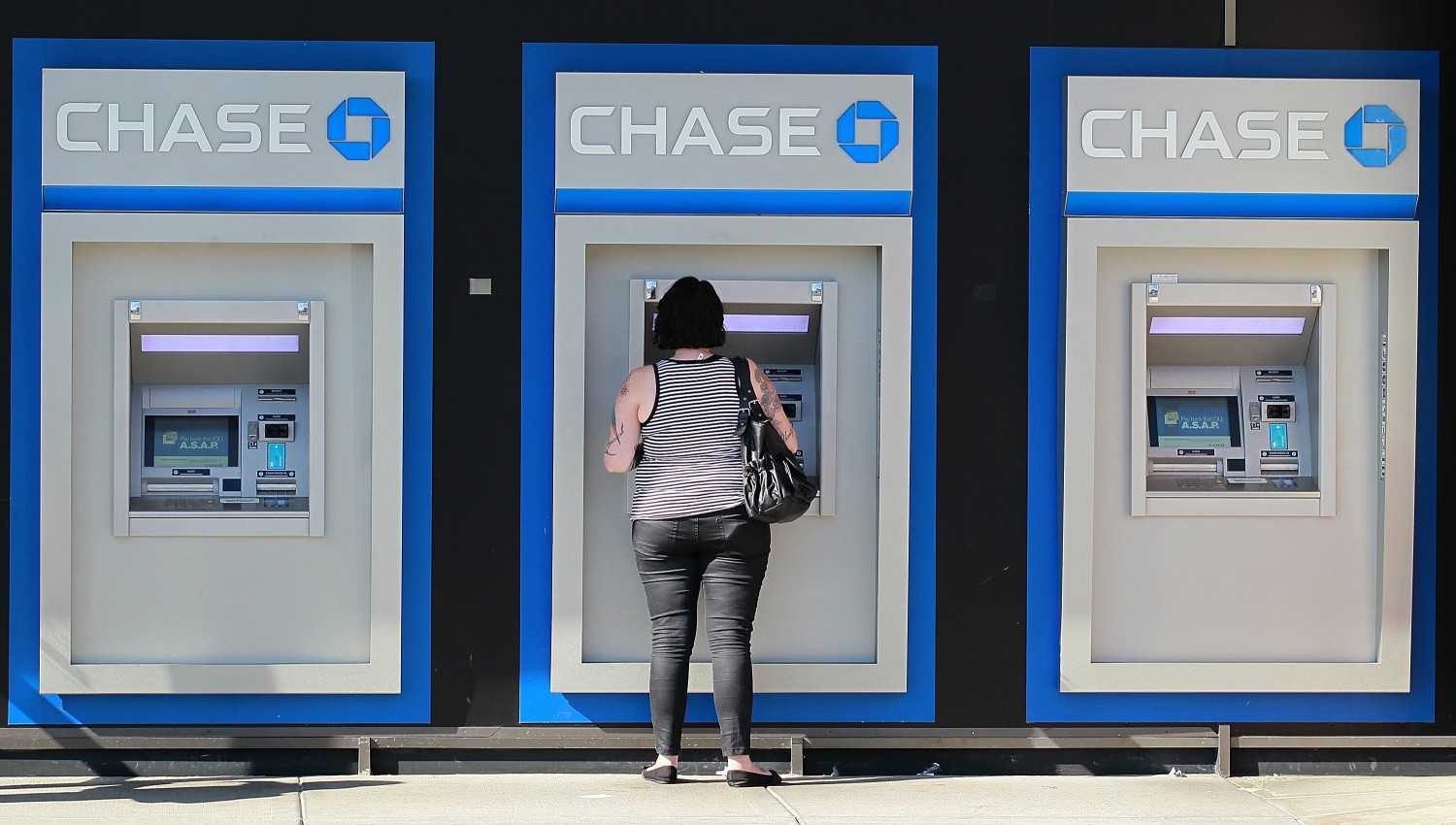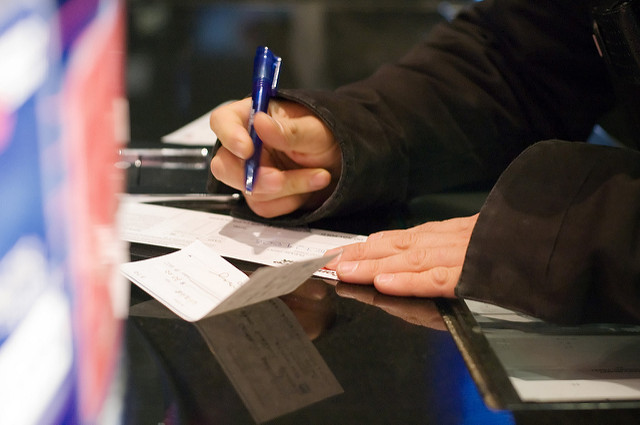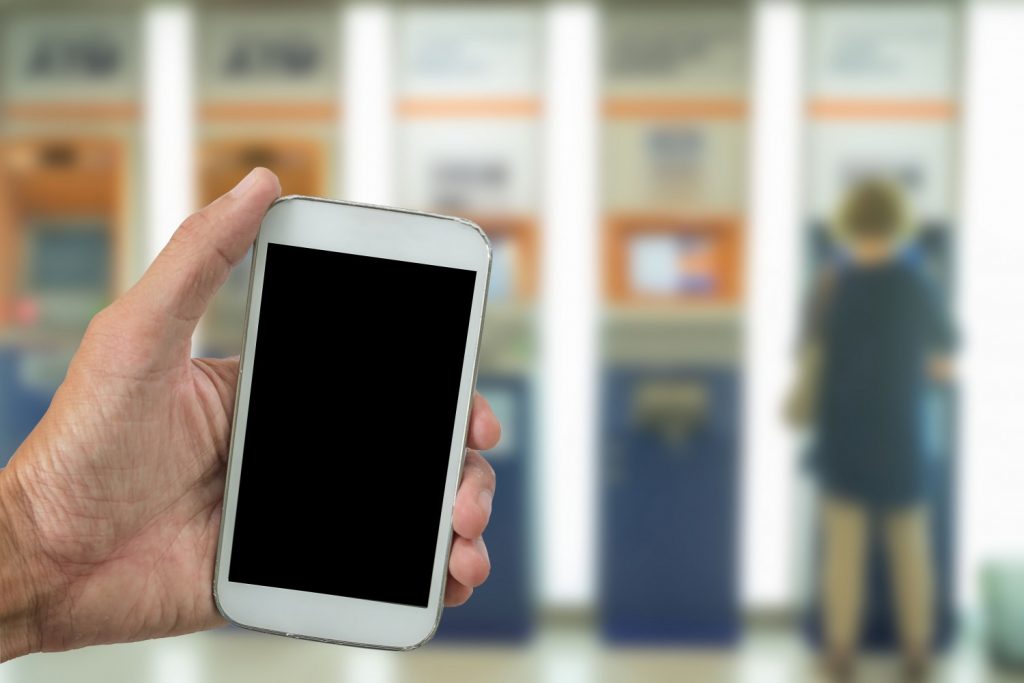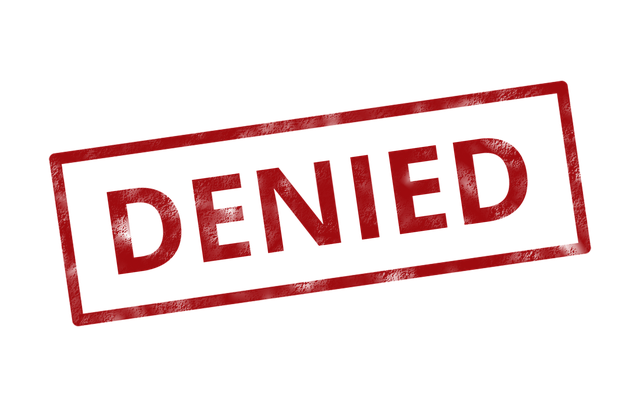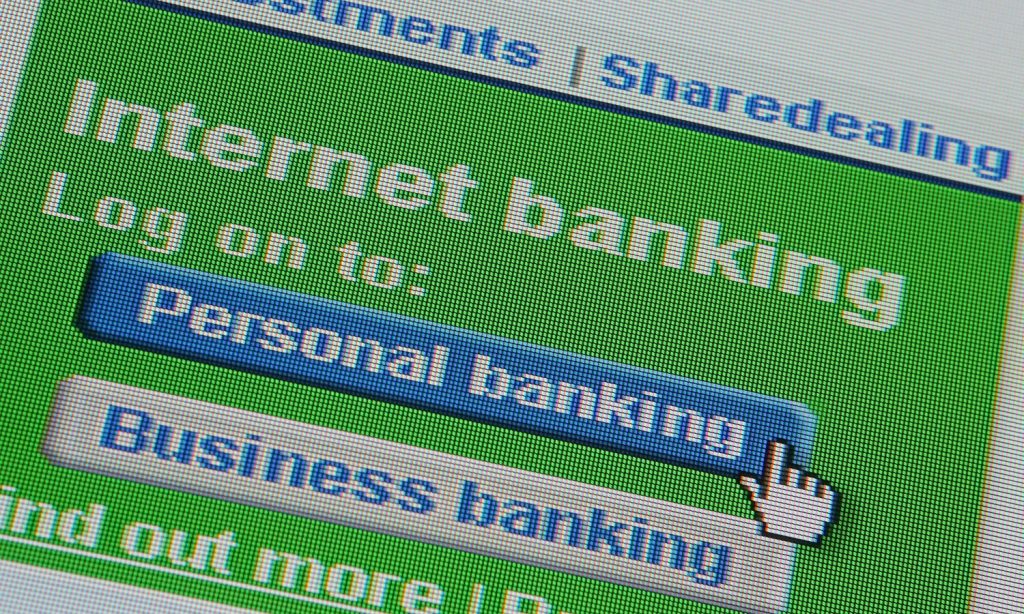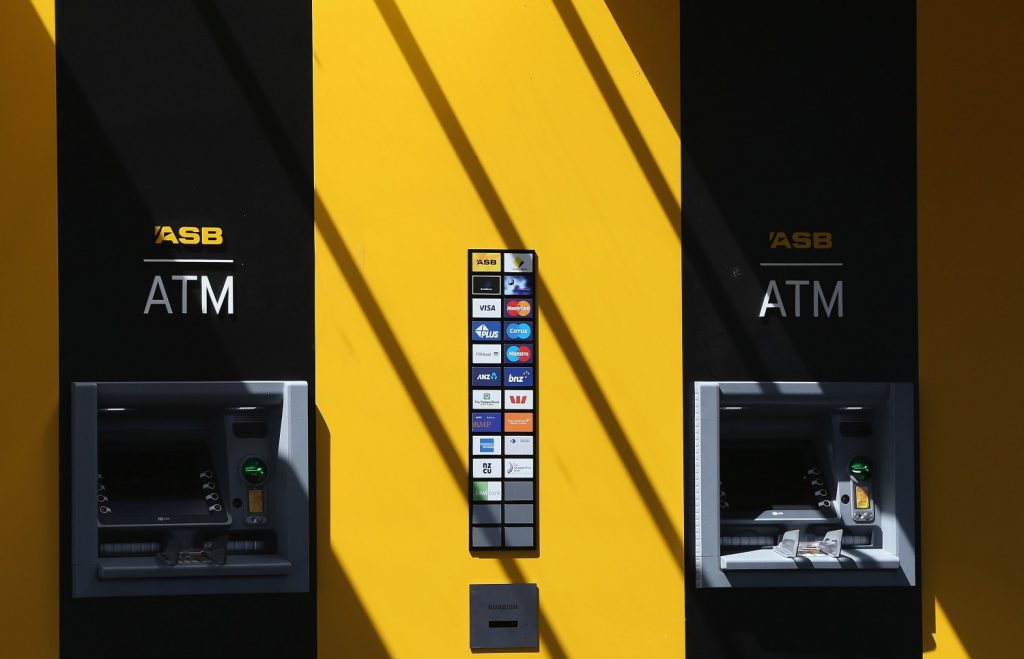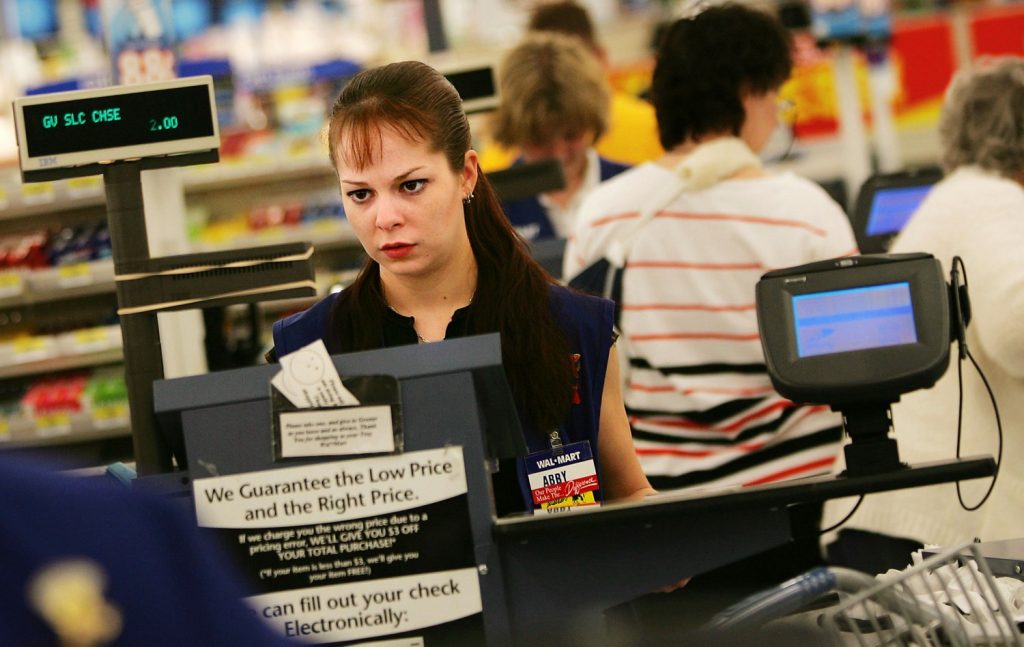Bank overdraft fees are not only inconvenient, but expensive. Even a couple of overdraft withdrawals can add up quickly. How much? In 2016 banks brought in $33.3 billion in overdraft fees from customers. That is a seven-year high.
Younger people are more at risk to rack up these fees—133 percent more likely than 65-year-olds.
At an average of $35 per transaction, overdraft fees multiply quickly. This can drain your account rapidly even after only a couple of hits.
What can consumers do to limit or even prevent overdraft fees? Here are six tips from the experts that can help keep your money in your account.
1. Keep Your Account Registers Up To Date
When’s the last time you balanced your checkbook? Hopefully, you do it on a regular basis.
Keeping your account balances updated is the best way to know what you really have to spend. Relying on your bank’s website could cause unexpected problems.
For example, the balance banks display on their apps or websites doesn’t always include pending payments. In other words, if you have a number of bills that have gone out, but have not cleared, your balance can look higher than what’s truly in there. Writing a check or making a payment against that inflated balance is a common cause of overdrafts and associated fees.
2. Sign Up For Daily Balance Alerts
While an up-to-date account register is most important, make sure to also sign up for a daily balance alert. This is an easy way to compare your balance to the bank’s balance. Also, a daily balance alert can give you a heads up if there is unauthorized activity on your account. Staying on top of your account activity helps keep your money secure.
3. Allow The Bank To Show Tough Love
Sometimes, we all need a little tough love when it comes to our money. Many banks offer overdraft protection, which means they will allow a payment or withdrawal to go through even if there’s not enough money in the account. This sounds appealing. However, it also leads to more overdraft fees if you keep spending money you don’t have.
In other words, turn down the overdraft protection option. By doing this, the bank simply denies any payment or withdrawal if your account can’t cover it. That means no overdraft fees.
4. Using Your Bank’s Online Bill Pay
Most banks offer direct, online bill payment from their accounts. You set up the exact day and amount for each payment.
This feature allows you to plan out your monthly bills better and know when money is going out of your account. Many people schedule their bills to coincide with their paydays. Just make sure to leave an extra day or two after your payday to make sure the funds are available. Online bill pay is usually a free service and you know it’s secure.
5. Link Your Bank Accounts To Prevent Overdraft Fees
Some banks offer overdraft protection on their customers’ accounts. This feature usually involves having a second account the bank can draw from in case of an overdraft. Even though there can be a transfer fee applied if this happens, it’s typically less than the overdraft fee.
6. Get Cash During Check Out
Out-of-network ATM fees also contribute to overdraft fees because they add up quickly. ATM fees can cost between $2 and $4 per out-of-network transactions.
For people who don’t regularly update their account registers, this missing money can spell trouble and cause a shortage. If you need cash, withdraw it while you’re shopping. This bypasses the fees and gives you the cash you need.
